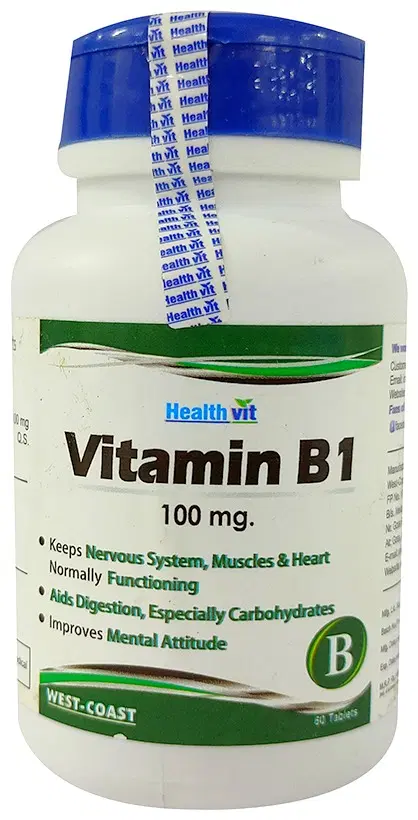Thiamine
Thiamine, also known as vitamin B1, is a water-soluble vitamin that plays a crucial role in various bodily functions. It is an essential nutrient that cannot be synthesized by the human body, so it must be obtained through diet or supplementation. Thiamine is primarily found in foods such as whole grains, legumes, nuts, and meats.
Thiamine is a coenzyme for several enzymes involved in the metabolism of carbohydrates and the production of energy. It also plays a role in the normal functioning of the nervous system, muscle function, and the heart. In addition, thiamine is essential for the proper functioning of the brain and for maintaining a healthy immune system.
Thiamine deficiency, or beriberi, is a rare but potentially serious condition that occurs when the body does not get enough of this vital nutrient. Symptoms of thiamine deficiency include fatigue, weakness, loss of appetite, irritability, and memory problems. In severe cases, it can lead to heart failure, nerve damage, and even death.
Thiamine supplementation is often prescribed for individuals who are at risk of deficiency, such as those with a poor diet, alcohol dependency, or certain chronic medical conditions. Thiamine injections or oral tablets can help prevent or treat thiamine deficiency and its associated symptoms.

Showing 1–12 of 35 results
Showing 1–12 of 35 results






